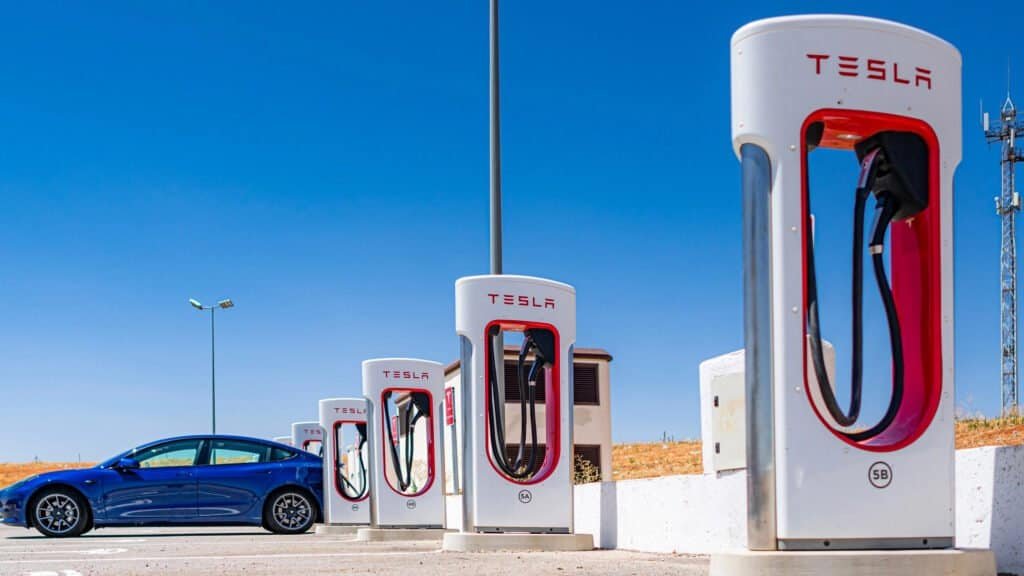According to a Mint article, the Indian government has started the process of forming a task group to develop a roadmap for the industry in an effort to strengthen the nation’s ecosystem for EVs in keeping with the goals of Viksit Bharat. According to the article, the automakers received a letter from the Ministry of Heavy Industries (MHI) initiating the process. According to reports, MHI will complete the task force’s organization in coordination with the Federation of Indian Chambers of Commerce and Industry (FICCI) and other organizations.
The letter stating that the electric vehicle task force has been formed to interact with stakeholders through workshops and stakeholder meetings in order to obtain their opinions and suggestions on a range of topics related to the adoption of electric vehicles and the development of infrastructure was cited in the report.
According to the letter, many authorities have been consulted on eleven key themes in order to create an action plan for the adoption of electric vehicles in India. According to the report, the authorities have already begun building the groundwork to position the nation as a global leader in the transition to electric transportation. “The agencies involved with the foundation of the EV task force have already started approaching original equipment manufacturers (OEMs) to proceed on the project of an automotive vision plan for Viksit Bharat 2047,” the report quoted a project insider as saying.
India has had a strong increase in electric vehicle sales of more than 45% in 2024 thus far. In comparison to the previous year, when just over 10 lakh electric vehicles were registered, the overall number of electric vehicle registrations in 2023 exceeded 15 lakh units. Due to all of these factors, the percentage of electric vehicles in India has increased to 6.3% from 4.8% in 2022. Following the FAME scheme’s success, the government launched a new program earlier this year with a ₹500 crore budget dubbed the Electric Mobility Promotion Scheme (EMPS) 2024 in an effort to increase the country’s electric vehicle adoption rate. The next phase in that plan is the creation of the task force.

Divisions of the EV task force
The task force’s agencies have assigned tasks to different sectors. The report also stated that the Indian Battery Swapping Association (IBSA) has been tasked with leading initiatives on electric vehicle battery swapping. The GIZ (Deutsche Gesellschaft fur Internationale Zusammenarbeit), a German government and European Union (EU) agency, and FICCI will focus on EV charging infrastructure, while the Retail Motor Industry Organization (RMI) will concentrate on two- and three-wheelers.
The World Bank (WB) will oversee matters related to electric buses, while the International Council on Clean Transportation (ICCT) will handle matters related to electric trucks. The World Resources Institute/FICCI will investigate electric four-wheelers, while the US Agency for International Development (USAID) will handle power electronics, devices, and motors.
The task of supervising advanced chemistry cell (ACC) technologies has been given to the India Energy Storage Alliance (IESA). Primus Partners will investigate the creation of rare earth magnets, which are necessary for electric motors. While The Energy and Resources Institute (TERI) is in charge of workforce development and skilling to assist the emerging electric vehicle (EV) sector, Climate Trends will coordinate with testing agencies to ensure compliance and standards.